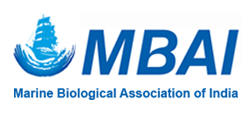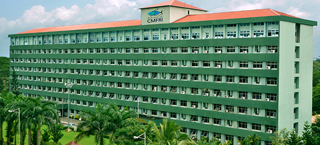Central Marine Fisheries Research Institute (CMFRI), Kochi
About CMFRIThe Central Marine Fisheries Research Institute, Kochi, is a premier research Institute under the Indian Council of Agricultural Research, devoted to research and training in marine fisheries, mariculture and marine environment. ICAR-CMFRI has three Regional Centres viz., Mandapam Camp, Visakhapatnam & Veraval and eight Research Centres located along the Indian coastline, catering to the marine fishery policy needs of all maritime states of the country.
Click here to Visit the official website


